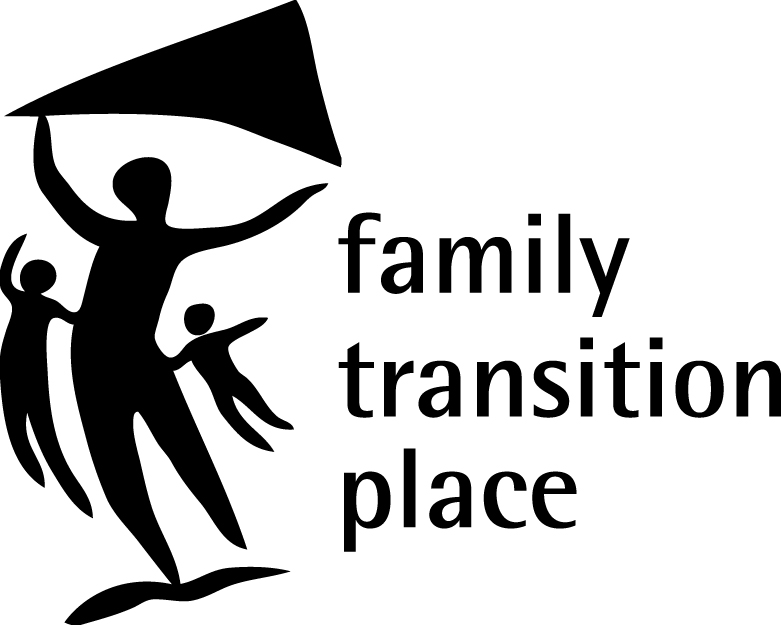The following is not a complete list of abuse types, but if you feel you are experiencing any form of abuse, we are here to help 24/7. Call 1-800-265-9178.
- Physical abuse: Physical abuse is any behaviour that is meant to cause hurt to another person’s body or to control another person’s physical freedom or movement. One person may abuse another using their own physical strength, using an object or weapon, or using size or presence to intimidate or control the other.
- Emotional/Psychological/Verbal abuse: This abuse is a way of hurting someone without necessarily being physical. It is when one person tries to control the other person’s feelings or thoughts in order to gain power over them. Examples can include but are not limited to: threats, insults, constant monitoring or “checking in,” excessive texting, humiliation, intimidation, isolation, and stalking.
- Sexual Violence: Sexual violence is a broad term that describes behaviours and actions that are sexual in nature and are unwanted and committed without consent. This can include but is not limited to: rape, sexual assault, human trafficking, sexual harassment, “cat calling”, manipulating/pressuring a partner into sex, and sharing of intimate pictures/videos.
- Financial abuse: Financial abuse occurs when one person/partner has control over another person’s/partner’s access to economic resources, which diminishes the individuals capacity to support themselves and forces them to depend on the perpetrator financially. Financial abuse can include but is not limited to: controlling or stealing money, making financial decisions without asking or telling, and preventing someone from getting and/or keeping a job.
- Digital Abuse: Digital abuse is the use of technologies like texting and social media to bully, harass, stalk, or intimidate a partner. This behavior is often a form of verbal or emotional abuse, conducted online.
- Stalking: Stalking occurs when someone watches, follows, or harasses you repeatedly, making you feel afraid or unsafe.
- Abuse by Immigration Status: Threatening to get the person deported. Hiding or destroying legal documents (passports, identification cards, etc.) Refusing to file the necessary paperwork for naturalization, child custody, divorce, or other legal proceedings.



